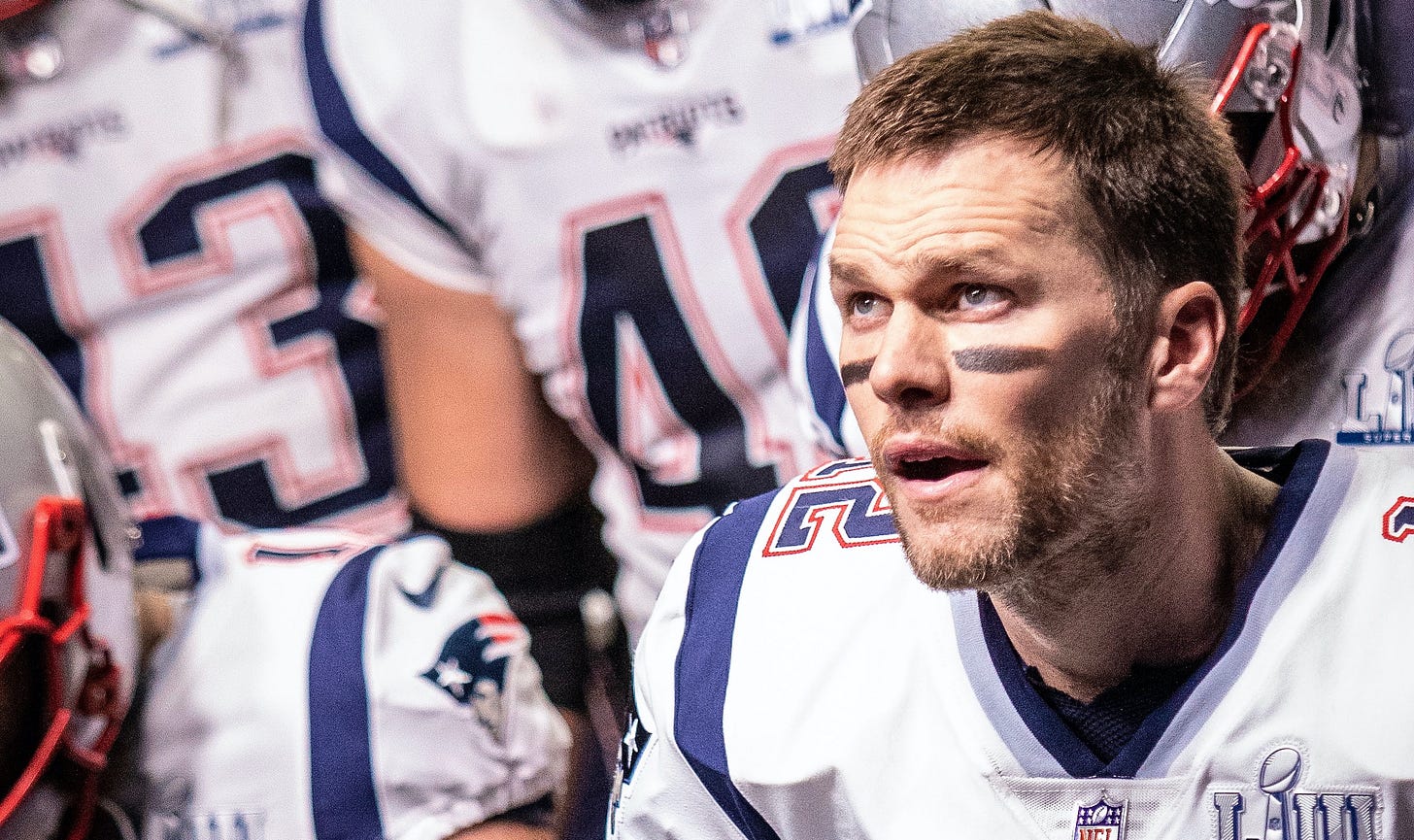As a New Englander, I’d have much preferred that Tom Brady continue to use his tremendous talent in service of the Patriots (he just started his first season with the Tampa Bay Buccaneers). Nonetheless, I was delighted by his wise words on a recent podcast, which can help all ambitious people on the path to achievement, regardless of team affiliation or…
Substack is the home for great culture



